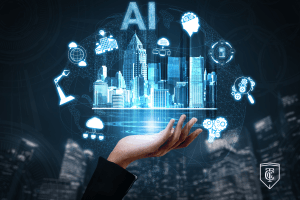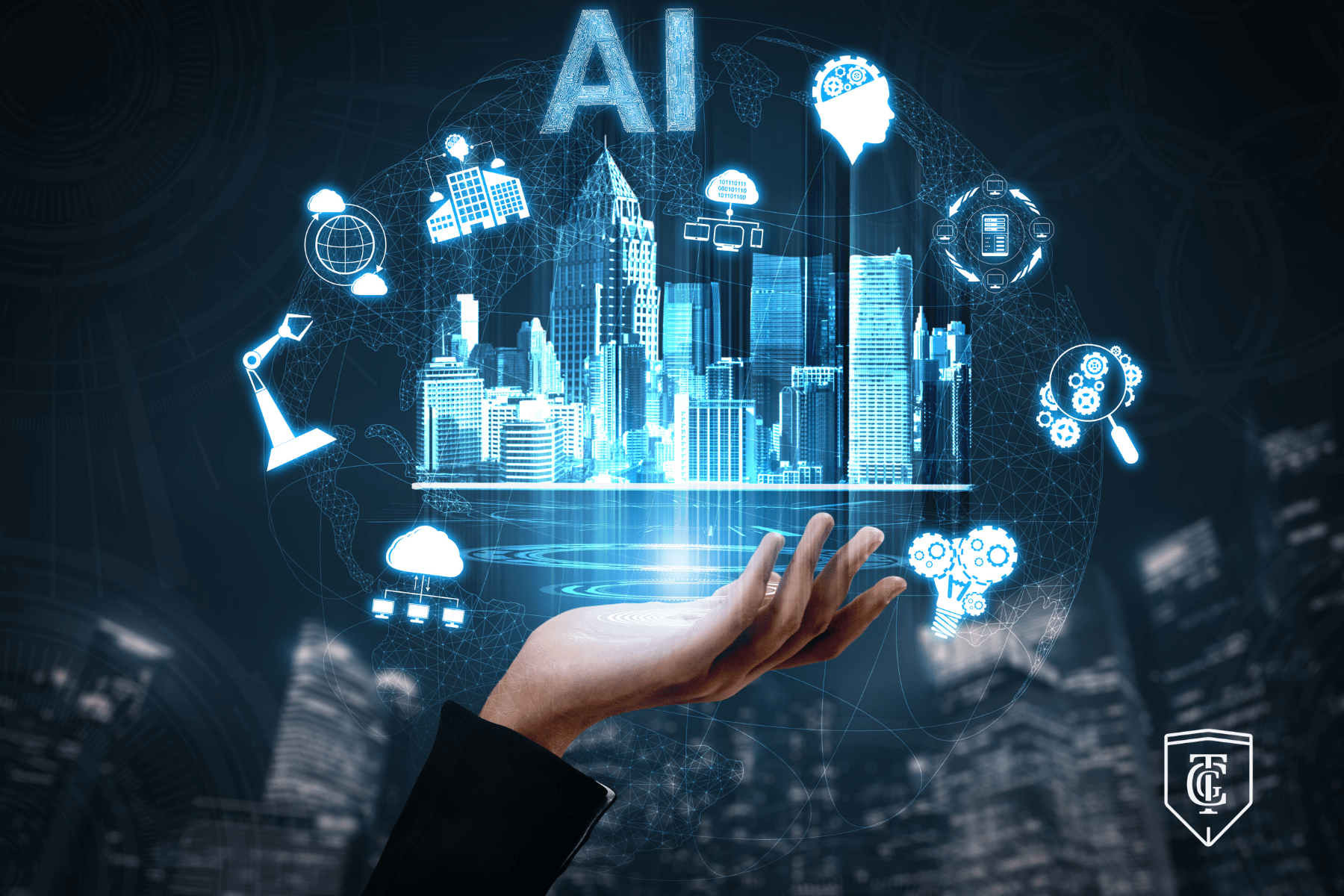
In today’s fast-paced digital landscape, technological advancements are reshaping various industries, and human resources (HR) is no exception. The rise of artificial intelligence (AI) has brought forth new opportunities and challenges for HR professionals. AI technologies are revolutionizing traditional HR processes, enabling automation, enhancing decision-making, and transforming the employee experience. In this blog post, we will explore the profound impact of AI on HR, discussing both the exciting opportunities it presents and the challenges that organizations must navigate.
Opportunities
- Streamlining Recruitment and Selection: AI-powered tools and algorithms have the potential to significantly enhance recruitment and selection processes. HR professionals can leverage AI to automate resume screening, identify top candidates, and conduct initial assessments. Machine learning algorithms can analyze vast amounts of data to identify patterns and predict candidate suitability, saving valuable time and effort.
- Enhancing Employee Onboarding and Training: AI can revolutionize employee onboarding and training programs. Intelligent chatbots can deliver personalized onboarding experiences, providing new hires with crucial information, answering their queries, and guiding them through the process. Virtual reality (VR) and augmented reality (AR) technologies powered by AI can simulate real-world scenarios, enabling immersive and interactive training experiences. AI can also recommend personalized learning paths, identify skill gaps, and provide targeted training recommendations, fostering continuous learning and development.
- Improving Employee Engagement and Performance Management: AI can play a pivotal role in enhancing employee engagement and performance management. Sentiment analysis algorithms can analyze employee feedback, surveys, and social media data to gauge employee sentiment and identify potential issues. AI-powered chatbots can provide instant support, answer HR-related questions, and collect valuable feedback. Performance management systems can leverage AI to provide real-time feedback, track key performance indicators, and identify areas for improvement, facilitating more meaningful and data-driven performance discussions.
Challenges
- Ethical Use of AI in HR: As organizations embrace AI, it is crucial to address the ethical implications associated with its use in HR. HR professionals need to ensure that AI systems are unbiased, transparent, and free from discrimination. They must carefully consider issues related to data privacy, security, and fairness. It is essential to strike a balance between automation and maintaining the human touch, avoiding the risk of alienating employees through excessive reliance on AI.
- Managing Change and Workforce Adaptability: The adoption of AI in HR requires a shift in mindset and a commitment to change management. HR professionals must proactively communicate with employees about the implementation of AI technologies, addressing concerns and highlighting the benefits. Additionally, organizations need to upskill HR teams to effectively leverage AI tools and manage the integration of AI into existing HR processes. Promoting a culture of adaptability and continuous learning is crucial for successful AI implementation.
- Preserving Human Interaction and Empathy: While AI can automate various HR processes, it is important to preserve human interaction and empathy. HR professionals are trusted advisors, providing support, guidance, and understanding to employees. The challenge lies in finding the right balance between AI-driven automation and maintaining the human touch. Leveraging AI should enhance, not replace, the essential role of HR in fostering meaningful connections and relationships within the workforce.
Artificial intelligence presents exciting opportunities for HR professionals, enabling streamlined processes, data-driven decision-making, and improved employee experiences. By leveraging AI, HR can enhance recruitment and selection, revolutionize onboarding and training, and improve employee engagement and performance management. However, organizations must address the challenges associated with AI adoption, including ethical considerations, change management, and the preservation of human interaction. By embracing AI while upholding human-centric values, HR can harness the transformative potential of AI to create a more efficient, inclusive, and engaging workplace.
Remember, successful AI implementation in HR is not about replacing humans—it’s about leveraging technology to empower HR professionals and enhance the employee experience in a meaningful way.

